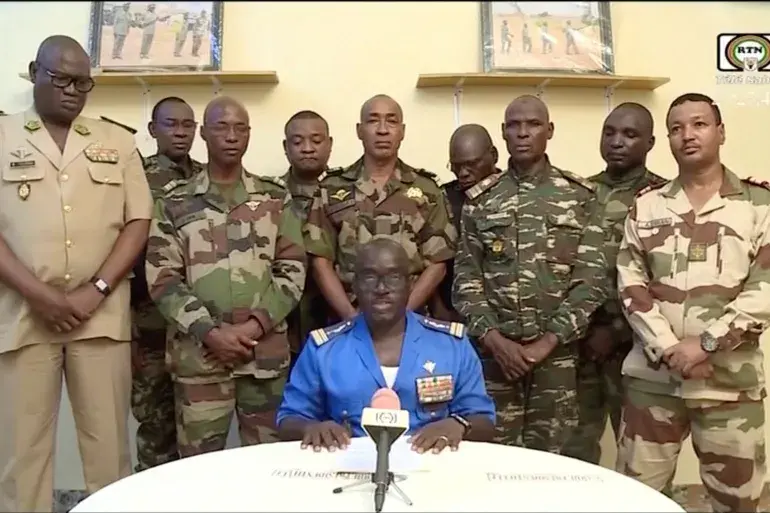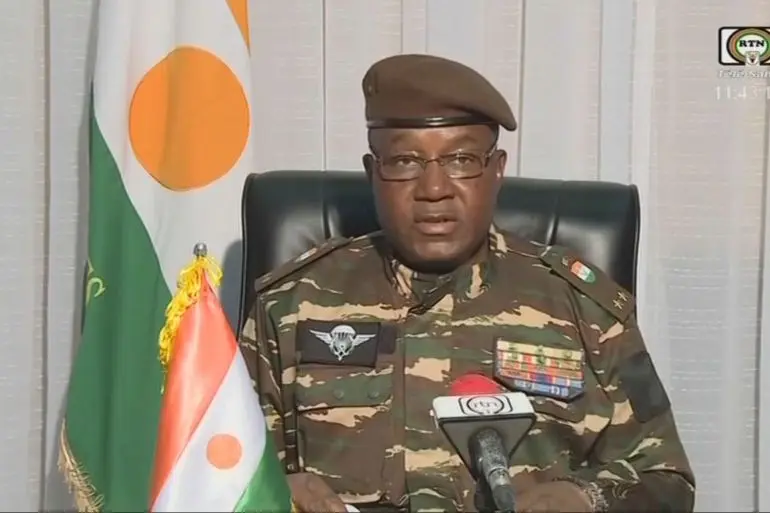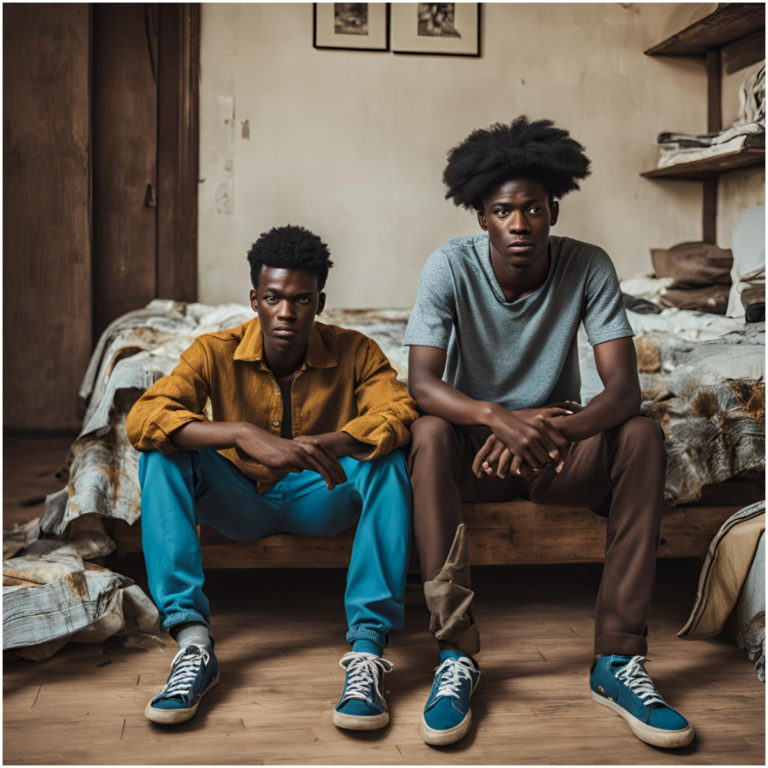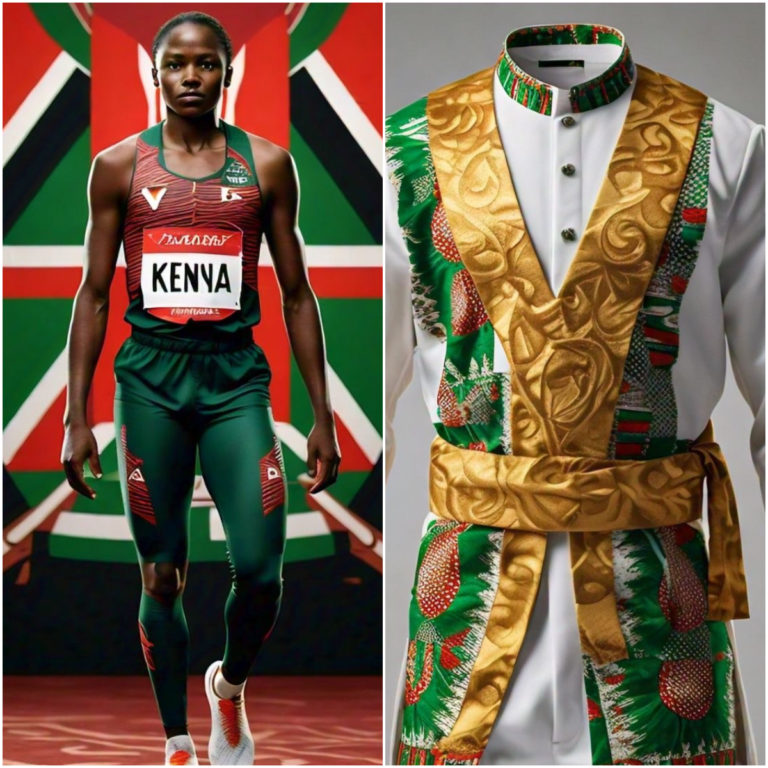Niger’s military, led by President Mohammed Bazoum’s presidential guards, recently installed a military junta.
In response, the Economic Community of West African States (ECOWAS) under the chairmanship of President Tinubu, convened in Abuja to deliberate on potential military action; a move which has plunged Nigerians in the country into fear of being caught in a crossfire.
Here’s what we know about the situation.
How did it start?
On Wednesday, July 26, multiple media outlets reported that some members of the elite Presidential Guard surrounded the presidential palace and denied President Mohammed Bazoum access to his official residence and office. The move by the presidential guard was indicative of another coup attempt years after an unsuccessful attempt in March 2021 — a few days before the president was sworn into office.
Hours after the clampdown, a colonel-major and spokesperson of the elite presidential guard, Amadou Abdramane, in a TV broadcast quoted by Aljazeera said “the defence and security forces… have decided to put an end to the regime you are familiar with”.
Abdramane announced the closure of the country’s borders, the start of a nationwide curfew and the suspension of all institutions in the country. He also warned against foreign intervention.

Source: ORTN via Reuters TV
On July 28, 48 hours after the initial coup attempt, another member of the presidential guard, Abdourahamane Tiani, in a live TV broadcast declared himself as Niger’s new head of state.

Source: AFP
Tiani in his address on state-run TV said the intervention was necessary to avoid the gradual and inevitable demise of Niger. There was no mention of plans to return to civilian leadership.
How did Nigeria come into the picture?
A few hours after the July 26 coup, the Economic Community of West African States (ECOWAS) under the chairmanship of President Bola Ahmed Tinubu condemned the coup attempt in Niger. A statement issued to the press read in part:
“I wish to say that we are closely monitoring the situation and developments in Niger and we will do everything within our powers to ensure democracy is firmly planted, nurtured, well rooted and thrives in our region.”
“As the Chairperson of ECOWAS Authority of Heads of State and Government, I state without equivocation that Nigeria stands firmly with the elected government in Niger and equally conveys the absolute resolve of leaders in our sub-region that we shall not waiver or flinch on our stand to defend and preserve constitutional order.”
On Sunday, July 30, the ECOWAS member states met in Abuja.
During the session, a decision was made to issue a one-week ultimatum for the coup plotters in Niger to return power to the democratically-elected government. ECOWAS reiterated it only recognised Mohammed Bazoum as the legitimate president of Niger and called for his immediate release, adding that all measures, including the use of force, will be taken if the demand is not met within one week.
Tinubu writes Nigerian senate
Following the 7-day ultimatum to Niger, President Bola Tinubu who doubles as the ECOWAS chairman, on August 4, wrote the Nigerian Senate seeking approval for military intervention in line with the earlier agreement reached at the extraordinary session of July 30.
His letter read:
“Military buildup and deployment of personnel for military intervention to enforce compliance of the military junta in Niger should they remain recalcitrant. Closure and monitoring of all land borders with the Niger Republic and reactivating of the border drilling exercise. Cutting off Electricity supply to the Niger Republic, mobilising international support for the implementation of the provisions of the ECOWAS communique. Preventing the operation of commercial and special flights into and from Niger Republic; Blockade of goods in transit to Niger especially from Lagos and eastern seaports.”
What does the Nigerian constitution say?
According to part II, section 5(4a – b) of the Nigeria constitution, (a) “the President shall not declare a state of war between the Federation and another country except with the sanction of a resolution of both Houses of the National Assembly, sitting in a joint session; and (b) “except with the prior approval of the Senate, no member of the armed forces of the Federation shall be deployed on combat duty outside Nigeria.”
“This means that for active external combat deployment, the president needs the consent of the National Assembly before deploying troops on combat duty in Niger,” Afolabi Adekaiyoja, researcher and political analyst tells Zikoko.
Senate turns down Tinubu’s request for military deployment
On August 5, a day after Tinubu’s request to deploy Nigeria’s military, the Nigerian Senate turned down his request and instead advised the president and ECOWAS to seek a political solution as opposed to military.
Senate President, Godswill Akpabio, read the resolution after the lawmakers returned to plenary. It read in part:
“The Senate calls on the President of the Federal Republic of Nigeria and chairman of ECOWAS to further encourage other leaders of ECOWAS to strengthen the political and diplomatic options and other means to resolve the political logjam in Niger Republic.
“The National Assembly supports ECOWAS leadership under President Bola Ahmed Tinubu in resolving the political situation in Niger and returning the country to a democratic governance in the nearest future.”
President Tinubu meets with governors of Nigerian states sharing border with Niger
President Tinubu’s decision to seek military intervention against Niger stirred mixed reactions from Nigerians, with some security experts sharing concerns about the negative impact on northwestern states sharing borders with Niger.
However, on August 6, President Tinubu in his capacity as ECOWAS chairperson met with the governors of the Nigerian states that share boundaries with Niger. The governors in attendance were Ahmed Aliyu (Sokoto), Umar Namadi (Jigawa), Mai Malam Buni (Yobe), Idris Nasir (Kebbi) and Dr Dikko Radda (Katsina). Details of the meeting were not made public.
How are Nigerians reacting?
President Tinubu and ECOWAS’ decision on military intervention has left many Nigerians divided and some prominent citizens have expressed strong reservations.
Ex-Abia State governor and Senator representing Abia North Senatorial District, Senator Orji Uzor Kalu called on the president to withdraw Nigeria’s membership from the ECOWAS and avoid unnecessary military action.
“We cannot go to war. This war is in our backyard. I plead with the president to listen to the voice of the Senate. The Senate has said no and I’m joining the Senate and I join the majority of Nigerians telling President Tinubu not to go to war for the sake of brotherhood and the sake of Africa.”
A pressure group, Southern and Middle Belt Leaders (SMBLF), equally urged the ECOWAS leadership to seek peaceful options to resolve the situation in Niger as opposed to taking military action. A communique read:
“We discourage the temptation to adopt military means to force the illegal government out of power. From our judgement, such a move will be resisted sternly by forces both within Niger and Nigeria.”
More reactions from Nigerians on social media.
On August 11, a video surfaced on Twitter showing several Nigerians on the streets of Kano protesting against ECOWAS’ planned military action against Niger. Some of the protesters held placards while others chanted “Nigeriens are our brothers, Nigeriens are also our family,” “Niger is ours, we don’t want war, war against Niger is injustice, a plot by the western forces.”
Nigerians in Niger seek evacuation
Meanwhile, some Nigerians who live in Niger have called on the Federal Government to evacuate them from the country ahead of any intended military action. Speaking to the press, one of the individuals who has been working in Niger for over 10 years said: “The government should consider us in this issue; they should think of what will happen if these people take revenge on us and our businesses. We have been having a cordial relationship with them here but with this now, who knows what will happen to us and our businesses? All we want is for ECOWAS to take things easy.”
Another Nigerian who crossed the border to Borno state before the coup but still has relatives in Niger said: “Our relations now daily complain to us that life is becoming unbearable in Niger Republic and are appealing to the Federal Government to arrange their evacuation back to Nigeria before ECOWAS troops will move in.”
Does Nigeria have a history of sending military intervention to neighbouring countries in the past?
According to political analyst Adekaiyoja, “Nigeria has often led military efforts in the region, primarily through the ECOWAS Monitoring Group (ECOMOG) forces. Nigeria was active in Liberia and Sierra Leone, and also had a navy team deployed to The Gambia when Yahya Jammeh refused to leave power after losing an election. Nigeria has one of the most active and well-trained troops on the continent — the challenge is that the army has been largely deployed domestically as well and there are seemingly intractable issues to address in the country.”
This is a developing story.




